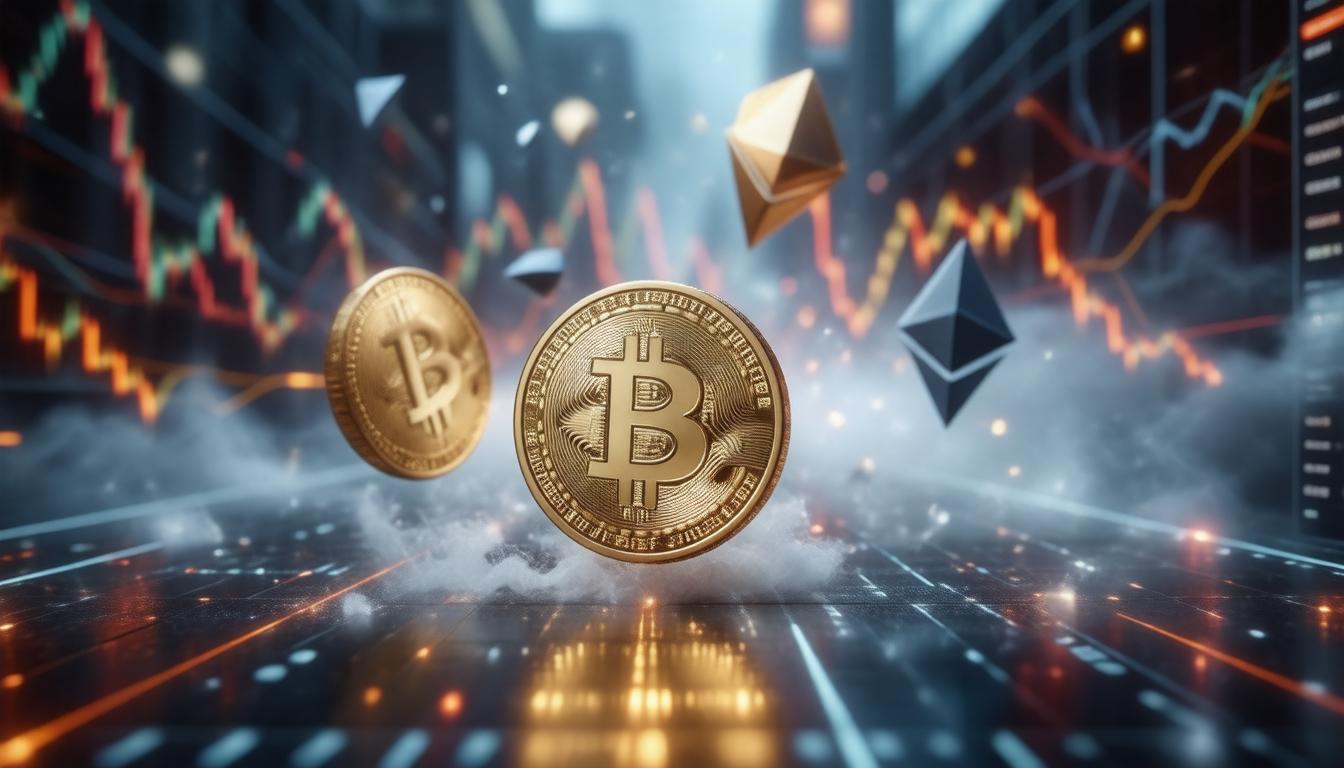In recent weeks, China’s corporate landscape has entered a new era as President Xi Jinping engages with top entrepreneurs, marking a pivotal shift in his administration’s approach to the private sector.
Notably different from a similar meeting in 2018, where lesser-known executives were present, the latest gathering features leaders from China’s powerhouse companies like BYD, Huawei, Alibaba, Tencent, and the emerging AI player DeepSeek.
This article examines the implications of this renewed corporate engagement, the proposed Private Economy Promotion Law, and what it signifies for China’s economic future amid escalating competition with the United States.
Key Takeaways
- Xi Jinping’s recent engagement with top corporations marks a pivotal shift in China’s corporate strategy amidst U.S. competition.
- The proposed Private Economy Promotion Law aims to protect private firms and ensure equal treatment with state-owned enterprises.
- Xi’s outreach suggests a rehabilitation of previously targeted tech leaders, highlighting the importance of the private sector in driving economic growth.
Significance of Xi Jinping’s Engagement with Top Corporations
In recent years, President Xi Jinping’s engagement with top corporations has taken on unprecedented significance, particularly as the global economic landscape becomes increasingly competitive.
His latest meeting with prominent Chinese entrepreneurs marks a notable shift in Beijing’s approach towards the private sector, emphasizing the role of major companies in driving the nation’s economic recovery and technological advancements.
Unlike the previous gathering in 2018 that featured lesser-known executives, the current lineup boasts industry titans including BYD, Huawei, Alibaba, Tencent, and the emerging AI player DeepSeek.
This strategic assembly signals the Chinese government’s newfound dependence on these private entities to foster technological self-reliance amidst rising tensions with the United States.
Experts argue this shift underscores a broader recognition of the private sector’s vital contribution to growth and competitiveness within China.
Notably, the meeting presents an opportunity for a potential rehabilitation of tech leaders who underwent scrutiny during earlier crackdowns, such as Alibaba’s Jack Ma, illustrating a change in narrative towards fostering collaboration rather than conflict.
Furthermore, with the proposed Private Economy Promotion Law aiming to safeguard private enterprises and ensure their equal treatment alongside state-owned counterparts, there is a growing sense of optimism in the markets.
However, while the engagement has positive implications, analysts express caution, urging the necessity for robust fiscal policies to invigorate an economy currently facing challenges.
Ultimately, Xi’s proactive outreach conveys a clear message: harnessing private sector innovation is essential to charting a successful economic course for China in the years to come.
Implications of the Private Economy Promotion Law on China’s Economic Landscape
As China navigates a complex economic landscape amid intensified global competition, the implications of the Private Economy Promotion Law could be far-reaching.
This law not only emphasizes the government’s shift towards embracing the private sector but also seeks to provide a more stable environment for private firms by ensuring legal protections and equal treatment with state-owned enterprises.
Such measures are intended to boost investor confidence and drive innovation, which are essential for China’s growth strategy.
The proactive engagement of top entrepreneurs signifies a government pivot that acknowledges the importance of the private economy not merely as a supplementary force, but rather as a backbone of national competitiveness.
In the context of U.S.-China relations, this recalibration could enhance China’s ability to achieve technological independence while fostering an ecosystem where both private and public enterprises can thrive together.
In summary, the intertwining of government policies with private initiatives marks a critical juncture for China’s economic future, and the successful execution of these reforms will determine the nation’s resilience in a globally competitive marketplace.















